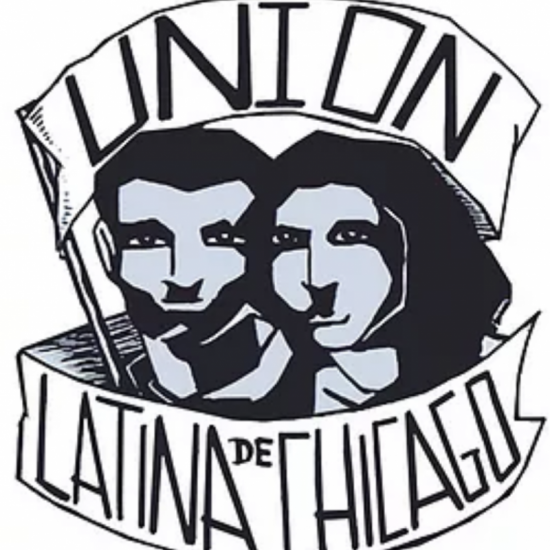Worker Center Remote Operations, Informal Learning Needs, and Practices during COVID-19
Study at a Glance
Latino Union of Chicago is a community-based worker center that organizes immigrant and low-wage workers often experiencing precarious employment due to undocumented status, racial and gender discrimination and language barriers. With a team of 12 staff and 86 members, Latino Union engages in in multiple forms of education and informal learning.
The aim of the Pandemic Remote Operations and Informal Learning Needs and Practices during COVID-19 project is to interview Latino Union staff and members to better understand learning during remote operations throughout the pandemic, to document the actions of the organization, and to evaluate the approaches and outcomes.

Workers Centers: Power Players in the Fight for Health and Safety
Latino Union successfully supported its members during the Covid 19 pandemic by
providing financial, social, and technical support to its members. Worker centers have shown the
ability to raise funds and focus on the financial needs of their members to help alleviate stressors
associated with job conditions, particularly jobs that are informal, precarious, low paying, and
have little to no training associated with them. As unionization decreases, workers centers can
fill some of these gaps in representation. Through sustainable and flexible funding, centers like
the LU can improve working conditions and therefore improve general health among its served
population.
Latino Union of Chicago
Latino Union organizes workers in the following areas:
- Domestic workers primarily offering child care, elder care and/or cleaning in private homes;
- Day laborers who seek work on street corners;
- Responses to wage theft;
- Responses to immigration actions
Most of this work may be described as precarious with little structural support or enforcement of standards. Latino Union aims to rectify that by supporting a Hiring Hall where employers and workers can meet and obtain services and work.
Inquiry
Some examples of questions used in the inquiry include:
- During the pandemic, Latino Union operations became remote with organizers contacting members directly. Describe this process and what you did.
- Organizers often coach members in the workplace. Did organizers coach you in action you needed to take during the pandemic?
- Did you work at home over the internet? Do you have the devices you need to interact or communicate on the internet?
The project began by interviewing three directors: the Executive Director, the Development Director, and the Organizing Director. They then interviewed the Day Laborer Organizer. They plan to continue the inquiry by interviewing the Domestic Worker organizer and, finally, members.
The inquiry was granted an exemption Protocol # 2020-0839 on July 22, 2020 by the UIC Office for the Protection of Research Subjects-Office of the Vice Chancellor for Research.
